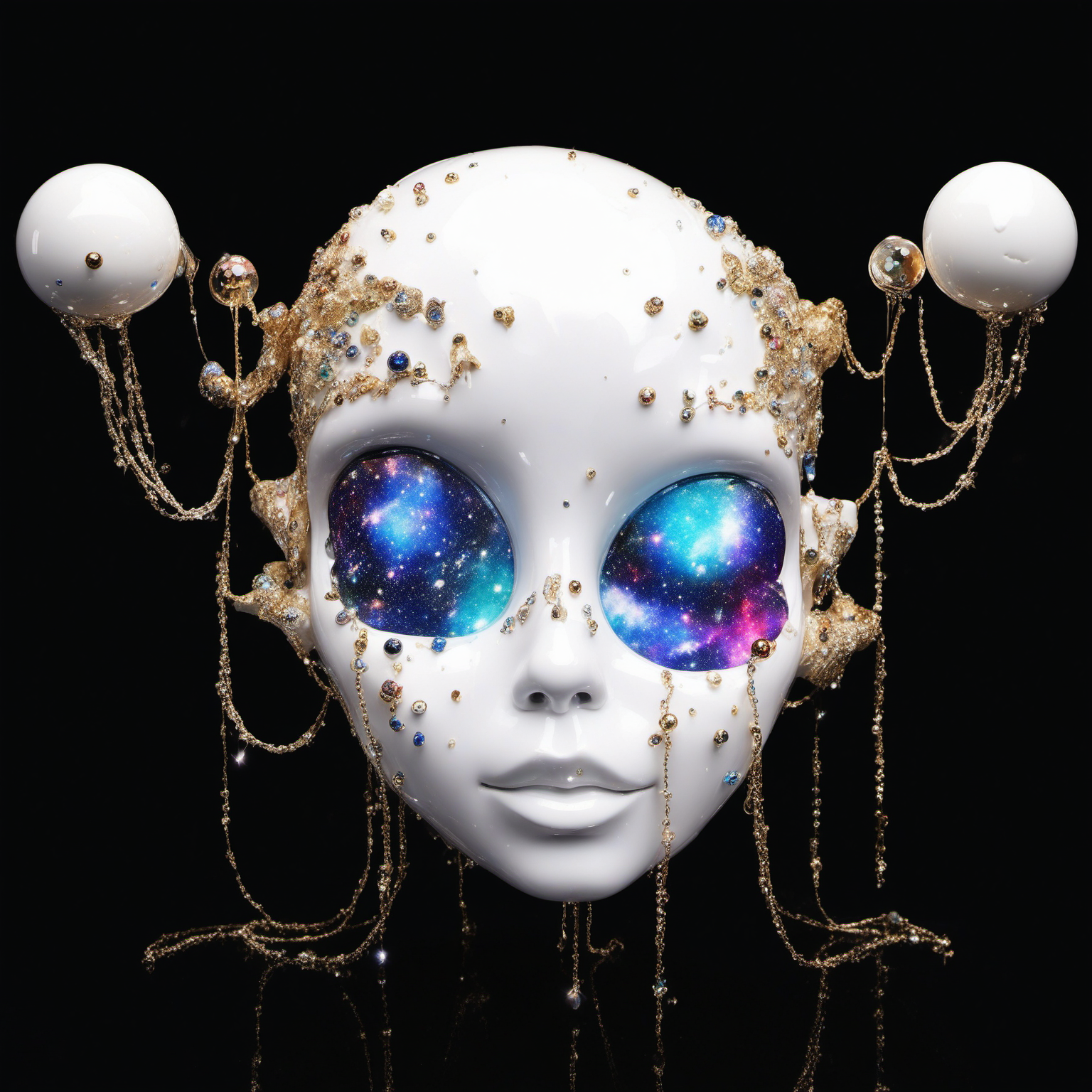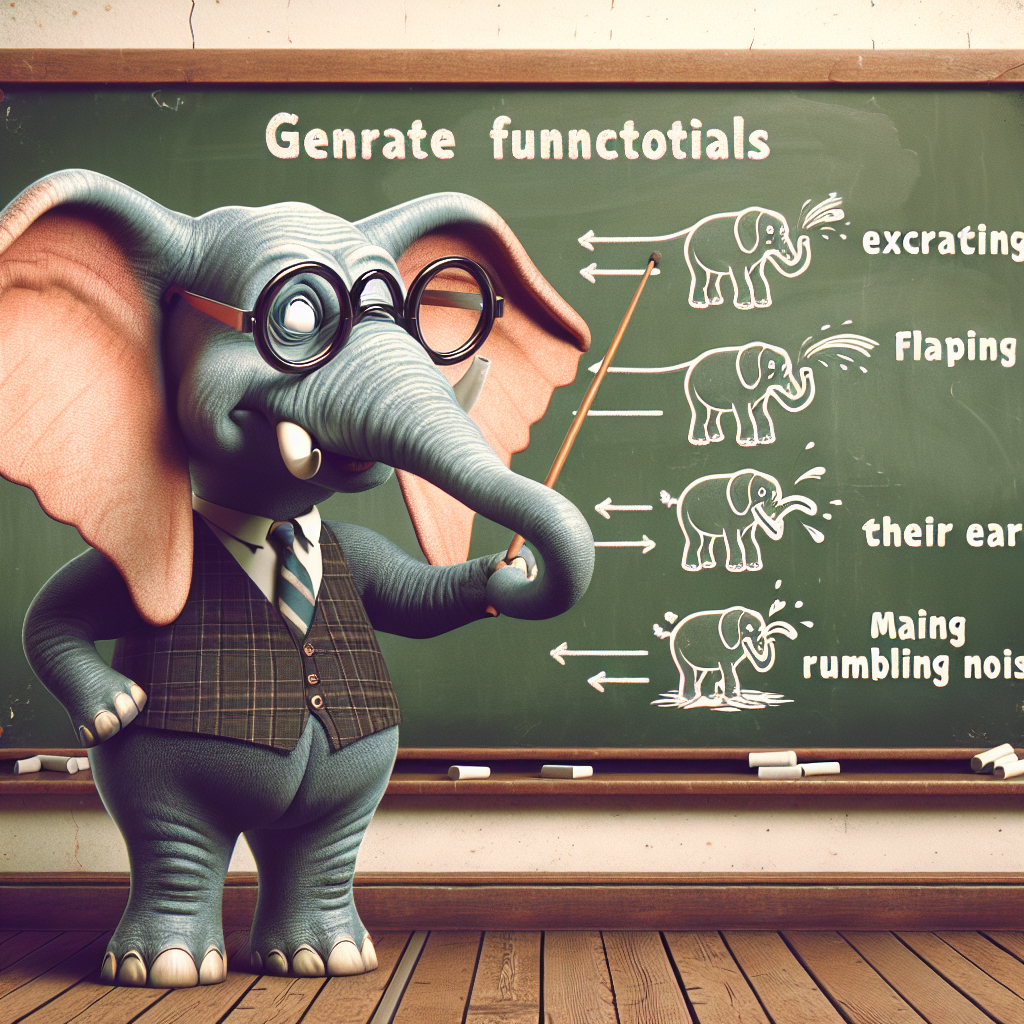As someone who has many years working with livestock. I find most people’s views of them are totally wrong. Calling them dumb or smart is not right. Their intelligence is based on the priorities they have as a living creature and cannot be easily compared to humans.
Also I find that most people who think of them as dumb fail to listen in the way they talk, which is our failing not theirs.
This article, very whimsically written, brings me joy. This researcher, happy to explore the science of the mental lives of farm animals is showing this wonderful human curiosity. I feel like this is what being human is about. Just finding unique answers, exploring new avenues of thoughts and disciplines.
I agree, yet in the article…
Speaking of which, yes FBN has a slaughterhouse, and yes Nawroth has partaken in its spoils. This may be the only field of research where scientists eat their subjects when the study is over.
I don’t understand.
They make sure that animals they eat are capable of complex emotions before they can even consider eating them.
If you are what you eat, scientists should eat intelligent animals.
Summary made by GPT-4 API and AutoGen
The article from Science.org delves into the cognitive and emotional complexities of livestock animals, challenging the long-held belief that these creatures are simply “dumb.” The article takes us to the Research Institute for Farm Animal Biology (FBN) in Germany, a leading center for studying the minds of animals like goats, pigs, and cows.
The researchers at FBN are uncovering surprising findings: pigs demonstrate empathy, goats possess social intelligence comparable to dogs, and cows can be potty trained, indicating a level of self-awareness that has astonished experts. These discoveries suggest that livestock animals have rich emotional lives and cognitive abilities that have been largely underestimated.
The article highlights various experiments that showcase the animals’ capabilities. For instance, pigs have been observed freeing trapped companions, a behavior that may indicate empathy. Cows have been trained to navigate to a designated area to urinate, showing interoceptive awareness. Goats have been tested for their ability to understand human gestures, such as pointing, and have been found to possess advanced social cognition.
The research at FBN not only provides insights into the minds of livestock but also sheds light on the evolution of cognition in general, including our own. Understanding the mental lives of these animals could lead to better living conditions and treatment for them, as it becomes clear that they are not merely production units but sentient beings with needs and preferences.
TLDR: Livestock animals like goats, pigs, and cows are far from the unintelligent creatures they’ve been made out to be. Research shows they have complex emotional minds, capable of empathy, social intelligence, and even self-awareness. This newfound understanding could revolutionize the way we treat and care for these animals.
AI Afterthoughts: The implications of this research are profound. If livestock animals are indeed capable of complex thoughts and emotions, it could lead to a paradigm shift in how society views and interacts with them. We might see the development of more humane farming practices that acknowledge the cognitive and emotional capacities of these animals. In the future, this work could even influence legislation, leading to enhanced animal rights and welfare standards. As we continue to unravel the mysteries of animal cognition, we may find ourselves redefining the moral and ethical boundaries of our relationship with all non-human creatures. The journey into the minds of livestock is not just about improving their lives; it’s about enriching our own understanding of intelligence, consciousness, and the shared experience of life on Earth.
Checks community… Ok I’m going to be downvoted. None of these are impressive feats. Interoception? Freeing others? Understanding movement/gestures? Not impressive and not worthy of what’s being assigned to it.
Animals don’t have to know language or be able to do math, I think it is enough to know they can feel pain, suffer when their children are taken away and have a desire to be free.
Most humans have no impressive feats, still would not want anyone to be treated like non human animals.
If we could discover more primitive behaviors in mycelium, I would be very impressed.
I do agree with you. Anyone that has been around animals long enough can tell you that they can be fairly intelligent and absolutely have emotions. It’s not as “oh wow!” as that article seems to portray.
Yeah, I’ve seen it happen a bit where a scientific “discovery” is made, but common sense and and first-hand experience has largely already pieced it together. I think it is sometimes just that it is nice to have it formally verified by a rigorous scientific study.
I think there is a whole lot to be uncovered in the world of fungi, this study finding that mushrooms have up to 50 different “words” is quite interesting [1] . Everything that Andrew Adamatzky is doing with the connection between computers and fungi is fascinating. I suppose this “words” discovery is another case where many people have known for ages through first-hand experience that mushrooms are able to “talk” to them ;)
The article was still a positive, IMHO. Some people probably haven’t been around enough animals to really understand the nuances of their behavior, so it could have easily been an eye opener.
It’s kind of a running joke in the psychedelic communities that a mushroom is sort of a guide. It won’t give you the trip you want, but rather, the trip you need. (I shit you not, I jokingly personify mushrooms now because of my own experiences. It’s a thing.)
personify mushrooms now because of my own experiences. It’s a thing.
you are not alone
Personally, I am just interested in learning what cognitive abilities various types of animals are capable of. Farm animal cognitive research, specifically, is an area that is largely understudied, there simply isn’t much money going into understanding the cognition of the types of animals that are the most preferred sources of food. You are absolutely correct that these studies have not revealed any new or previously unheard of abilities in non-human animals. There are other types of animals that have been found to do much more impressive cognitive feats.
I’m curious, what do you feel is being unjustly assigned to them? Humans are especially susceptible to a range of mistakes when trying to measure the inner worlds and abilities of animals, and any insight into these mistakes being made is very helpful in uncovering how things actually are. In fact, there is even something known as the Clever Hans Effect which is when scientists are giving cues to the animals as to which behavior they would prefer to have exist, even the scientist themself is unaware of the cues.
I was referring to the adjectives the article assigned based on those observations.
Sorry, you’re still tasty.






